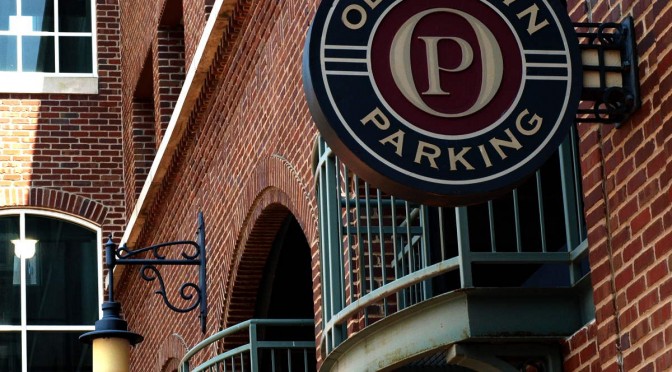Tag: Public choice
-

Efficiency has not come to Kansas government
Kansas state government needs to cut spending, but finds itself in a difficult situation of its own making.
-

WichitaLiberty.TV: Wichita’s legislative agenda, and a bit of bad news
A look at some elements of Wichita’s legislative agenda for state government, in particular special tax treatment for special artists, problems with the city’s numbers regarding airfares, and why we should abandon the pursuit of passenger rail. Then, why are people not more involved in political affairs?
-

‘Public Choice’ explains much of government and politics
Public Choice economics applies realistic insights about human behaviour to the process of government, and is extremely helpful for all those who have an interest in — or work in — public policy to understand this discipline.
-

Again, Wichita policies are fluid
Wichita city hall promises policies that are clear, predictable and transparent, except when they’re not.
-

Wichita seeks to form entertainment district
A proposed entertainment district in Old Town Wichita benefits a concentrated area but spreads costs across everyone while creating potential for abuse.